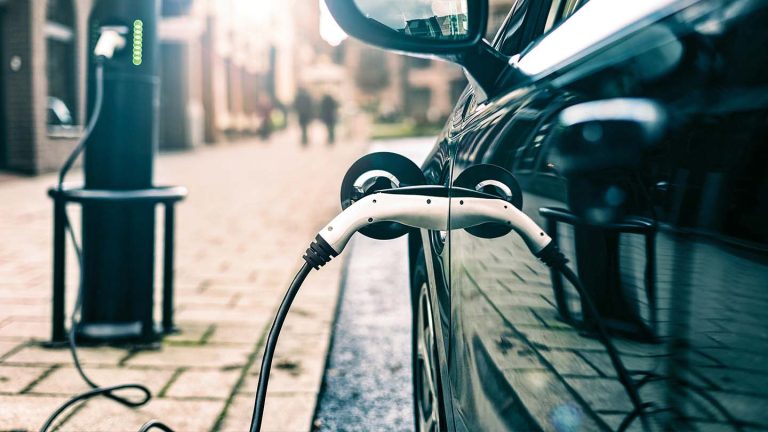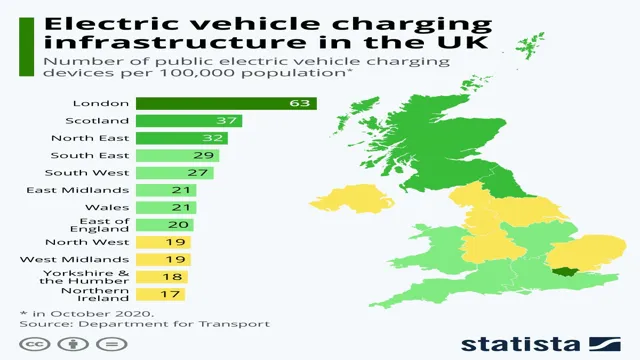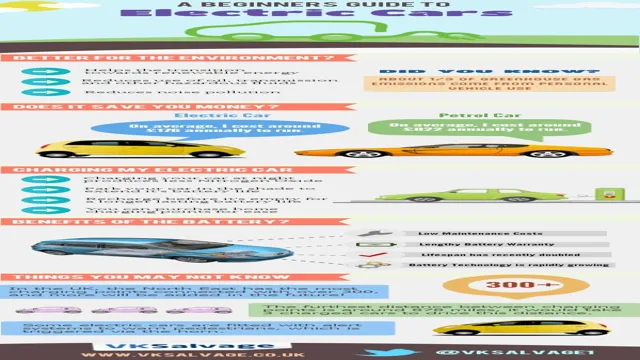Solar Charging for Electric Cars : Effortlessly Power Your Ride
As the world shifts towards sustainable energy solutions, the use of electric cars has gained significant momentum. With zero tailpipe emissions, electric vehicles (EVs) are a crucial component in reducing air pollution and combating climate change. However, the source of electricity used to charge these cars is equally important in determining their overall environmental impact. This is where solar charging for electric cars comes into play.
The Advantages of Solar Charging for Electric Cars
Utilizing solar energy to charge electric cars offers a multitude of benefits, both environmentally and economically. Let’s delve into some of the key advantages:
1. Renewable Energy Source
Solar energy is a renewable resource, meaning it’s abundant and replenishable. By harnessing energy from the sun, solar charging reduces reliance on non-renewable fossil fuels, consequently lowering greenhouse gas emissions and lessening our carbon footprint.
2. Cost Savings
Once solar panels are installed, the cost of energy production becomes significantly lower compared to traditional grid electricity. This can result in substantial long-term savings for electric car owners, as they can power their vehicles with clean, solar-generated electricity.
3. Off-grid Charging
With solar charging, electric car owners have the flexibility to charge their vehicles even in remote locations where traditional charging infrastructure may be limited or non-existent. This off-grid capability enhances the practicality and usability of electric cars.
4. Environmental Impact
By choosing solar charging, EV owners can further reduce their environmental impact, as solar-generated electricity produces no air or water pollution and requires minimal water for its operation, unlike conventional power plants.
How Solar Charging Systems Work
Understanding the basic functioning of solar charging systems can provide insight into their feasibility and potential for widespread adoption.
Solar charging systems for electric cars consist of solar panels, an inverter, a charge controller, and a battery storage system. The solar panels absorb sunlight and convert it into DC electricity, which is then converted into AC electricity by the inverter. The charge controller regulates the flow of electricity to the battery, where it’s stored for later use in charging the electric vehicle.

Credit: www.yottaenergy.com
The Future Outlook
As advancements in solar technology continue to drive down costs and improve efficiency, solar charging for electric cars holds immense promise for the future. The integration of smart grid technologies and energy storage systems further enhances the viability of solar-powered electric transportation.
While the initial investment for solar panels and associated equipment may pose a barrier for some, the long-term benefits in terms of environmental stewardship and energy independence make solar charging an attractive option for electric vehicle owners.
Conclusion
Solar charging for electric cars represents a harmonious convergence of clean energy generation and sustainable transportation. It aligns with the global shift towards a greener and more sustainable future, offering a compelling solution to reduce reliance on fossil fuels and mitigate the environmental impacts of traditional transportation systems.
As we strive towards a cleaner and more sustainable planet, the adoption of solar charging for electric cars stands as a beacon of hope, illuminating the path towards a brighter, more eco-friendly tomorrow.





